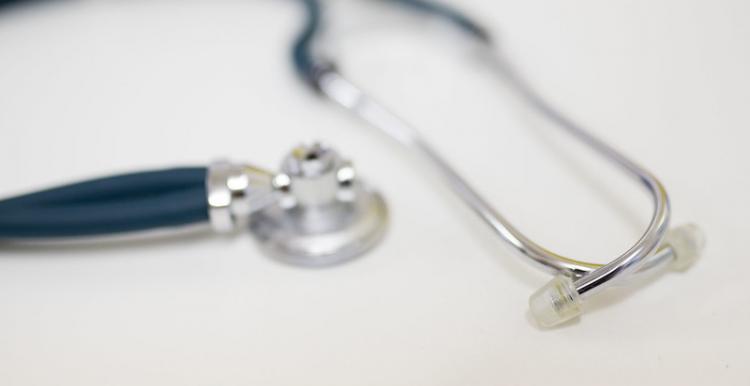Top tips to get the most out of your GP appointment

One of the main things we hear from the public is getting a GP appointment can be tricky. And when you do get an appointment, the time you get to talk to your doctor can be limited. We've pulled together some top suggestions to help you make the most of your appointment slot.
Before your appointment:
Is your issue urgent?
Is it essential you are seen quickly, or would you rather wait for an appointment with a particular GP? If you have a long-term illness, would you benefit from seeing a GP who knows your history personally?
Do you have lots to discuss?
If you have several issues that you need to discuss with your GP, try to book a double appointment to give you more time.
Are you worried you won't remember all the key points?
Before you see your GP, think about what you want to say. You can always write down your symptoms, worries and any questions that you would like to ask, so you don't forget.
Do you need support?
If you're struggling, ask a relative or friend to accompany you for support. They can help you understand what the doctor says or explain your issues.
Could the practice nurse deal with your problem?
Alternatively, a practice nurse might be able to deal with your concern, and have more appointments available. The surgery may also run special clinics such as asthma and diabetes support, so make sure you find out.
During your appointment
Do you know what medication you take?
Take a list of any medication you take, including over-the-counter, alternative medicines or anything prescribed after a hospital visit. This includes tablets, liquids or creams.
What is the most important thing to discuss?
Make sure you tell the doctor about the important things first and try to get to the point. Do not feel you have to justify being there or leave your concern to the end.
Do you fully understand the doctor's plan?
Make sure you fully understand what your doctor says before you leave the room. Don't be afraid to ask your GP to go through the plan again if you're confused.
Do you know who to contact if you have more questions?
You may think of questions that you would like to ask after your appointment. Find out who you can contact to ask questions, as well as any support groups that can provide reliable information.
After your appointment
Are you unhappy with the treatment you received?
If you're not happy, you can ask to see another GP. You can also change GP practices, but you should, as a first step, always discuss your concerns with a practice staff member first.
Concerned about remembering all the facts?
Make notes on the information the doctor has given you so that you can refer to them over the coming weeks, including any actions you need to take, such as booking a further test. Remember if you have access to a smart phone then you can download the NHS app, which allows you to view your medical records as well as booking future appointments and ordering repeat prescriptions.
Four key questions
Think about these questions to help you make better decisions about your healthcare.
- What are the benefits? Make sure you understand the benefits to your health if you agree to the procedure/treatments.
- What are the risks? You should be fully informed about the effects of this decision, both short and long term. Take time to consider your care after your treatment and how you will manage this.
- Are there any alternatives? Ensure you are aware of all the options, so you can decide if a different option better suits your healthcare needs.
- What if I do nothing? Remember that just because treatment is available, it doesn't mean it's right for you. Make sure you fully understand the impact on your health if you do nothing and the effect of time on your condition.
If you would like to know more about the questions you can ask your doctor to get the most out of your consultation, take a look at the comprehensive list developed by the NHS.
